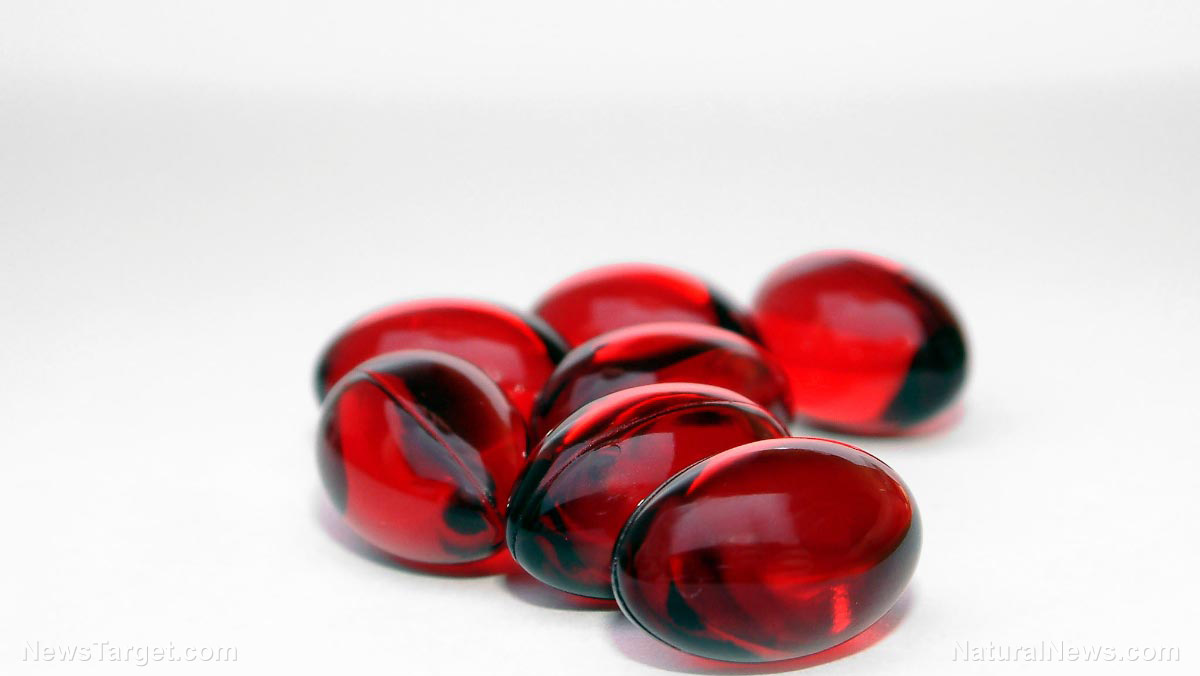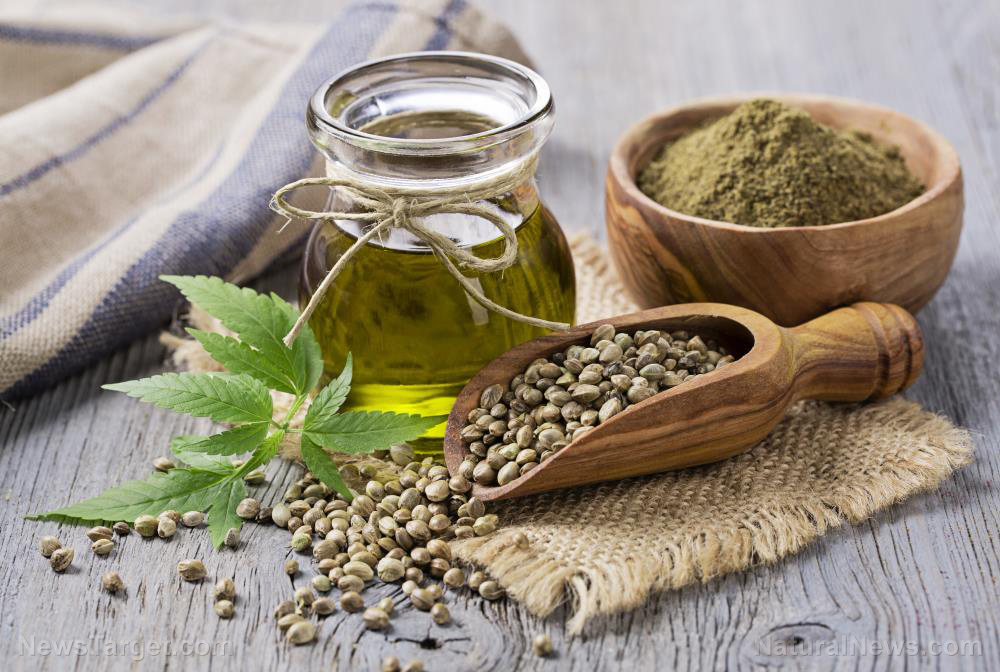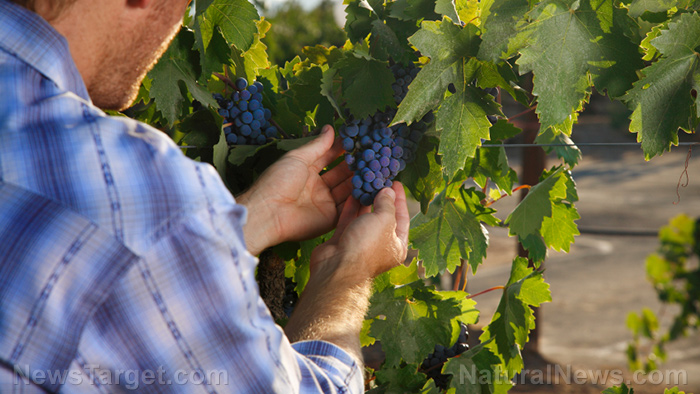Can a Korean shrub help improve symptoms of memory decline?
10/15/2019 / By Darnel Fernandez

Numerous studies have shown that medicinal plants can be used to treat various diseases with minimal side effects. Dendropanax morbifera, a shrub endemic to the Korean peninsula, is used in traditional medicine to treat various ailments, such as skin problems and headaches. New research suggests that D. morbifera leaves (DML) can also be used as a functional food to boost cognitive performance.
In a study published in the journal BMC Complementary and Alternative Medicine, South Korean researchers showed that DML can mitigate the brain damage caused by mercury poisoning. DML can also reverse the decrease in proliferating cells and differentiated neuroblasts induced by mercury.
Dendropanax morbifera, a natural memory booster
Researchers from South Korea investigated the effects of DML and galantamine on the cognitive abilities of dimethylmercury (MeHg)-treated rats. Galantamine is an oral drug used to treat cognitive decline in patients with mild to moderate Alzheimer’s disease.
For their experiment, the researchers randomly divided seven-week-old rats into four groups:
- Distilled water and saline-treated control group
- Distilled water and MeHg-treated group
- MeHg and DML-treated group
- MeHg and galantamine-treated group
The researchers administered galantamine and DML to the animals every day for 36 days.
On the 34th day, they subjected the rats to a novel object recognition test one hour after treatment. The researchers allowed the rats to first explore two identical objects placed at opposite ends of an apparatus. After an hour, they replaced one of the objects with a new one. The researchers used this test to measure the rats’ ability to discriminate between different objects.
The researchers also used the Morris water maze test to measure the rats’ learning and memory ability. For this test, they placed the animals in a water maze pool divided into four quadrants. They randomly trained each rat in every quadrant and measure how long each would take to find the escape platform.
The researchers reported that MeHg-treated rats took longer than the control group to find the escape platform in the water maze test. They also spent more time exploring during the novel object recognition test. These results suggested that the MeHg-treated rats had problems with spatial memory and learning. (Related: Improve memory loss by using natural alternatives.)
On the other hand, treatment with either galantamine or DML enhanced cognitive function in the MeHg-exposed rats. This was evidenced by how DML- or galantamine-treated rats spent significantly less time looking for the escape platform and familiarizing themselves with a new object than untreated rats.
The researchers also found that DML inhibited the negative effects of MeHg on proliferating cells and differentiated neuroblasts. They noted that the positive benefits of DML were comparable to galantamine. Both treatments also reduced the activity of acetylcholinesterase (AChE), an enzyme involved in the breakdown of acetylcholine. Acetylcholine is a neurotransmitter involved in learning and memory.
“This result is consistent with that of a previous study demonstrating that administration of an ethyl acetate fraction from Dendropanax morbifera lowered AChE activity compared with that in the high-fat diet fed group,” the researchers wrote.
The researchers concluded that the positive effects of DML on cognition could make it useful as a memory-boosting functional food that can also mitigate the damage caused by mercury poisoning.
BrainHealthBoost.news has more on how to keep your brain healthy and boost its performance.
Sources include:
BMCComplementAlternMed.BioMedCentral.com
Submit a correction >>
Tagged Under:
acetylcholine, acetylcholinesterase, alternative medicine, brain function, brain health, brain health boost, clean food, cognitive function, cognitive health, Dendropanax morbifera, Dimethylmercury, food cures, food is medicine, functional food, galantamine, herbal medicine, Herbs, hippocampus, learning, memory, memory deficiency, memory impairment, mercury poisoning, natural cures, natural medicine, nerve damage, Neurogenesis, Neurotransmitters, object recognition, organic, prevention, proliferating cells, remedies, research, spatial memory
This article may contain statements that reflect the opinion of the author
RECENT NEWS & ARTICLES
BrainHealthBoost.com is a fact-based public education website published by Brain Health Boost Features, LLC.
All content copyright © 2018 by Brain Health Boost Features, LLC.
Contact Us with Tips or Corrections
All trademarks, registered trademarks and servicemarks mentioned on this site are the property of their respective owners.





















